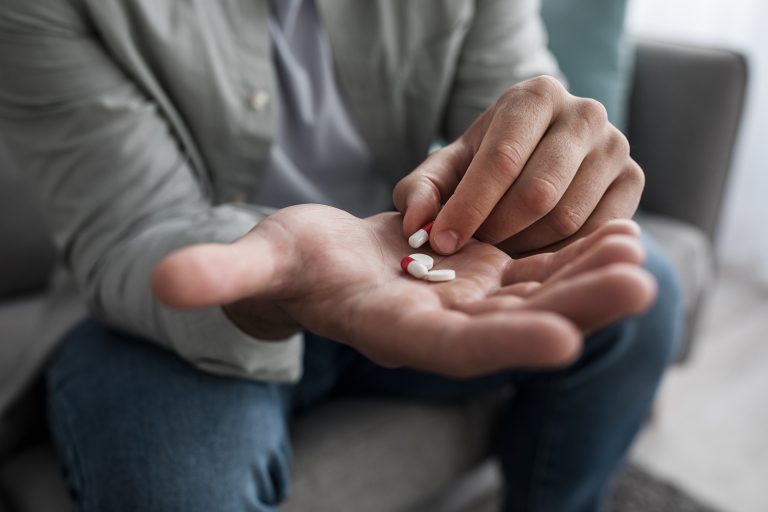Similar Posts

Planning the Use of Antidepressants
It can be a very trying time when starting a regimen of anti-depressants. For that reason, amongst others, it’s not the right time to also plan an exit strategy to get off anti-depressants. People just getting started on antidepressant should stay focused on feeling better and laying the groundwork for a healthier future. If somebody has…

Dealing with Depression During Menopause
Depression and menopause and both challenging, and often painful, experiences in life. So it can be very trying when they are experienced at the same time, which happens for approximately one in five women. But we should not be surprised that these two conditions often overlap, since we know there is a relationship between hormonal…

Morphine Withdrawal: A Primer
The body and brain work to maintain a state of balance called homeostasis. But ingesting strong substance alters that balance and then your body has to take steps to adjust, including via your neurotransmitters. So basically the human body makes a physiological adaptation when a foreign substance is introduced or maintained in the system. Opioids…

AI and Introversion Q&A
Is AI better suited for introverts?AI will play a large role in everyone’s life in the future. But that doesn’t mean everyone will benefit the same amount. Some experts believe that since AI does not involve social standards and expectations, introverted people will experience less anxiety and be less emotionally-drained than when interacting with other…

Cold Water and Depression
Although we need more research, the age-old practice of covering oneself in cold water has been shown to have beneficial health benefits, including helping to lift your mood. For example, studies show that cold water swimming can tamp down inflamation which is often identified as a cause of depression. And we know that dousing your…

Acute Social Withdrawal, the Metaverse and the Future of Healthcare
Acute social withdrawal, sometimes referred to as hikikomori, refers to an extreme version of avoiding interaction with, and spending time with, others. This includes avoiding people and activities that one might usually enjoy. Research suggests such withdrawal is caused by mental health and emotional struggles that a person might be experiencing, and it can also…
